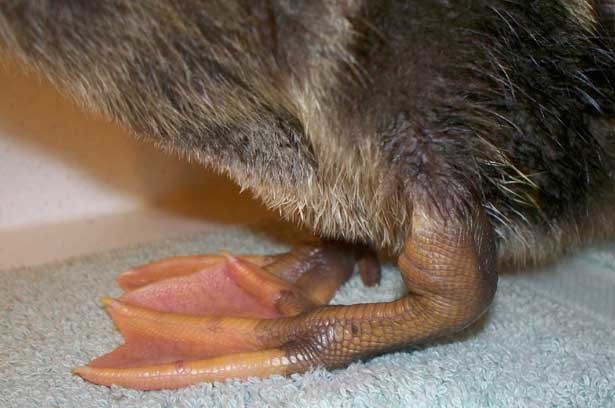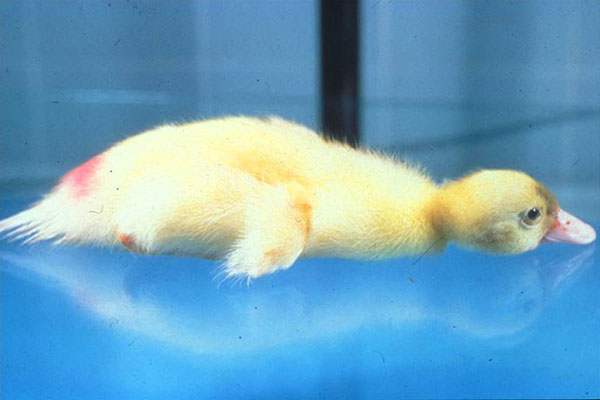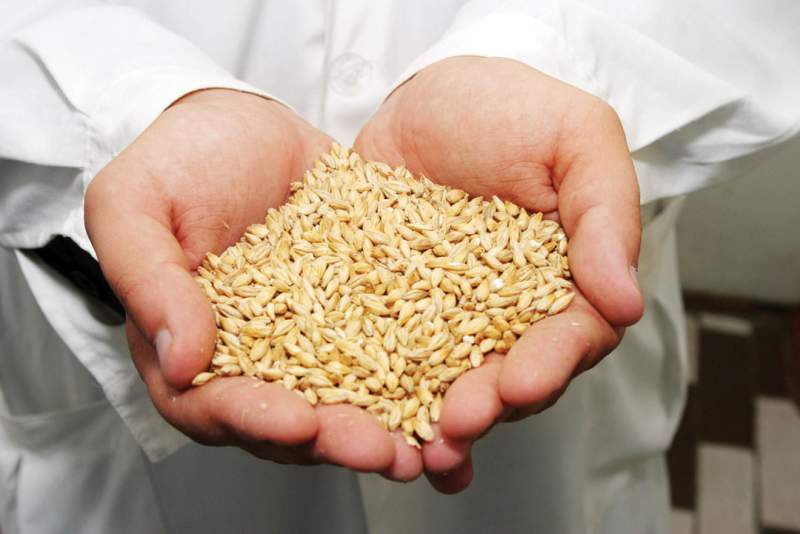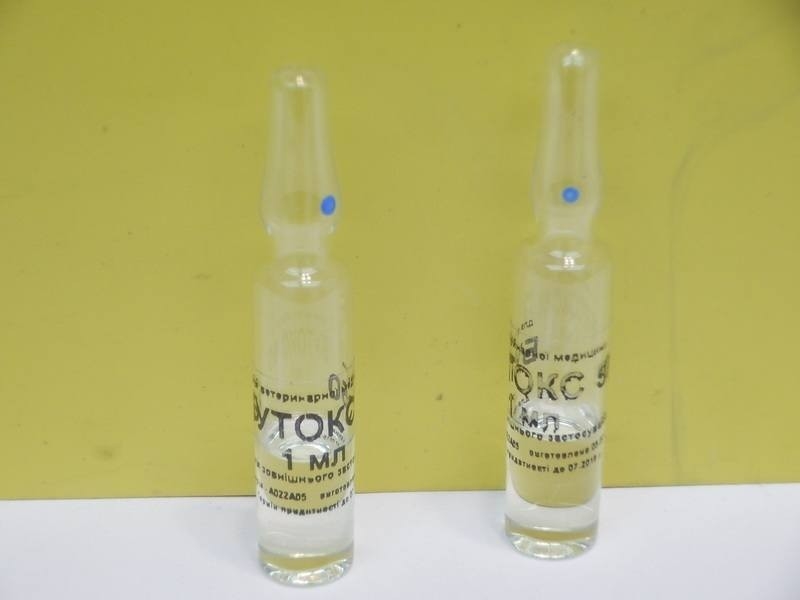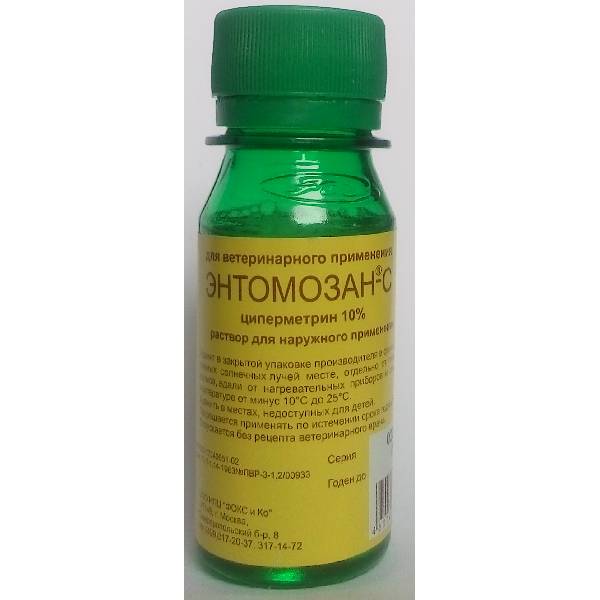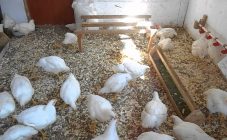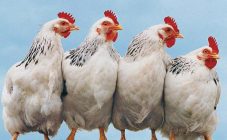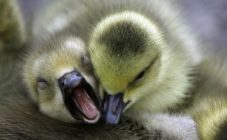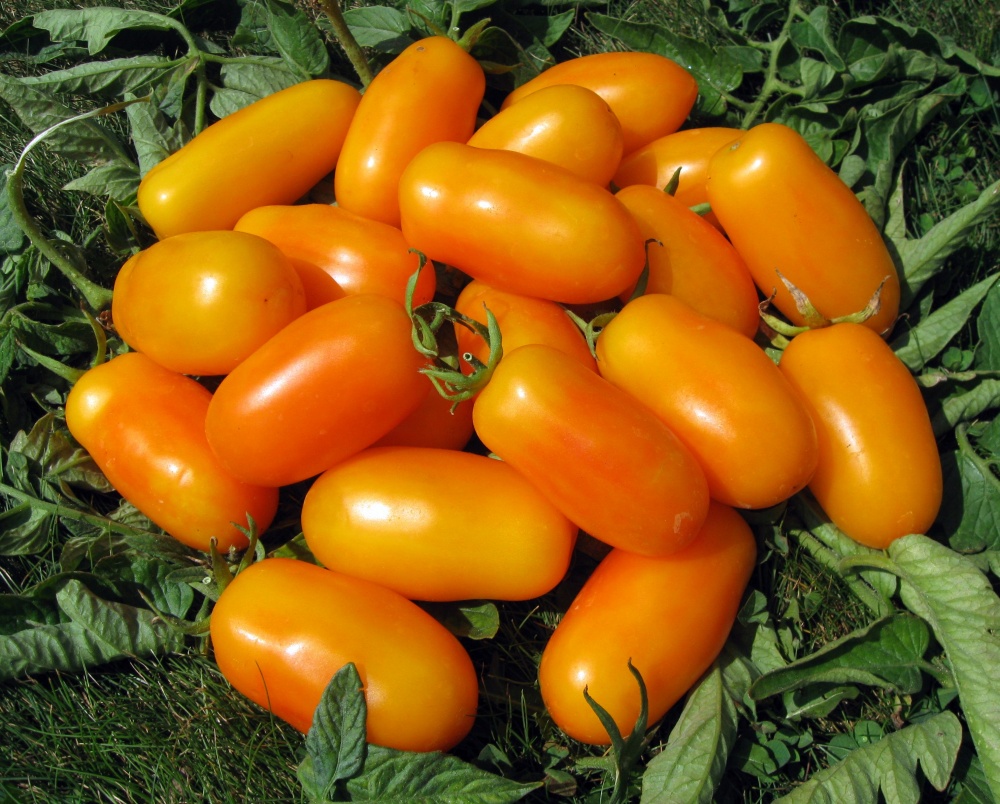Content:
Proper care of any animal includes the creation of suitable housing conditions, diet, prevention and treatment of diseases that have arisen. The choice of ducks as an agricultural breed is due to the relative unpretentiousness of care and rapid weight gain. Due to the low egg production and the specific taste of eggs, they are practically not eaten. Basically, ducks are kept for the valuable tasty meat and fluff.
Different breeds of ducks have their own advantages. Peking duck is distinguished by its fatty meat. Muscovy duck, or Indo-duck, is characterized by lean meat, in addition, they are easier to maintain and are large in size. When crossing Indo-Ducks with a Peking breed, mulard hybrids are obtained. These individuals are not able to reproduce on their own, but are attractive for a number of reasons. Their high weight, high rate of mass gain make them a priority as an industrial meat breed.
Why do ducklings fall to their feet? This question is most often asked by newcomers to the poultry industry.
Reasons for the fall of ducklings
The difficulty of early diagnosis and identification of the reasons why ducklings fall to their feet, how to treat, is due to the fact that limb weakness in this species of bird manifests itself in the development of many diseases.
When observing the fact that the duck is unable to climb on its paws, it is necessary to examine the chick to establish a diagnosis. Calling the vet or visiting with several ducklings is ideal.
The most common causes of paw disorders are:
- infectious diseases;
- invasion of parasites;
- improper compliance with the conditions of detention and nutrition.
There are many diseases, one of the signs of which is falling on the paws. However, as a rule, they are accompanied by the development of other signs. This may be loss of feathers, purulent discharge, etc. The most common diseases are coccidosis, tuberculosis, runny nose.
In any case, suspicions of the development of an infectious process, it is necessary to immediately remove diseased individuals from healthy ones. Scrupulously treat the house, since such diseases are transmitted not only by direct contact, but also with the remains of feed, water, feces and fallen feathers and down.
In order to avoid the development of epidemics of infectious processes, it is necessary to strictly follow preventive measures. Maintaining the permissible livestock density is a top priority. With high crowding, the transmission rate of pathogens is an order of magnitude higher. Irregular or poor-quality cleaning of the house, constant dampness serve as a fertile ground for the reproduction of pathogenic bacteria and reduce the immune system of ducklings. The presence of constant drafts increases the risk of developing colds in young animals.
The invasion of parasitic organisms is one of the most dangerous reasons for ducklings to fall on their feet. An attack by blood-sucking parasites can weaken a duckling in a matter of days and lead to its death. To identify the fact of the presence of bloodsuckers, it is necessary to inspect the individuals in the abdomen and under the wings.If pests are found, measures must be taken to eliminate them immediately. Most often, ducklings are infected with lice, fleas or lice. Any commercial product can be used to kill the parasites. Butoks 50 has proven itself well. It is necessary to prepare a solution according to the manufacturer's instructions and spray the entire population of birds.
In addition to external parasites, there is a risk of infection of young animals with helminthic organisms. Disorders of stool, appetite, bloating can be some of the signs of insemination. Deworming procedures should be supervised by a veterinarian.
Composing an unbalanced diet can also act as a factor in the development of problems with the motor apparatus of chicks. In the case when diet is the only reason, the health of the ducklings is restored when they switch to age-appropriate nutrition. The introduction of specialized complex additives into the diet will allow a faster solution to the problem.
Lack of vitamin A can be replenished by feeding grated carrots mixed with fish oil. Calcium deficiency is manifested not only by the fall of ducklings. Its signs are the problems of plumage formation, disorders of the musculoskeletal system and others. It is quite easy to bring the calcium content to normal levels. To do this, it is necessary to add crushed shells and meat and bone meal to the food.
Selenium deficiency provokes seizures. Convulsions followed by falling on the paws can be fatal by stopping the heart. To restore selenium levels, it is necessary to use special fortified supplements.
The reason for the fall of ducklings, their sedentary lifestyle can be the development of catarrh. If it is noticed that the ducklings sit most of the time, difficulty breathing and diarrhea are observed, it is necessary to probe the goiter. When it increases, you must contact a specialist.
At a young age, almost any disease can lead to the development of weakness of the musculoskeletal system, so it is necessary to regularly examine and note the appearance of alarming symptoms.
Ways to eliminate the causes of the fall
The ducklings sit on their feet what to do, the specialist will tell you.
However, already when feeding with food with a poor composition, problems with the fall of ducklings begin to appear. In addition to gait disorders, general weakness, stunted growth, eye inflammation and thinness are observed.
How to treat if a duckling does not stand up? With a deficiency of essential amino acids, it is necessary to restore their level in the diet. It is not possible to prepare such food at home. When fed with folk remedies in the form of chopped eggs, cottage cheese and other protein products, ducklings begin to lag behind in growth. From the 21st day of life, the need for amino acids decreases, and young animals begin to actively gain weight. However, an undeveloped support system will not allow them to grow. Skeletal bones do not support the gain, which leads to the fall of the ducks. To compensate for the deficiency of amino acids, the use of industrial feed or commercial feed additives will allow.
Why do ducklings sit on their feet and die? For the correct formation of the skeletal system, it is necessary to introduce calcium and phosphorus into food in the correct proportions. Cereals and green grass are deficient in micronutrients. For growing ducklings, the imbalance can be corrected by adding egg shells to food. However, for older birds, this will not be enough. Tricalcium phosphate is well suited to maintain the balance of calcium and phosphorus.
What to do if the duckling is on its feet? The development of rickets in ducks is associated with hypovitaminosis D. At the same time, there is a developmental delay, deformation and softening of the bones and beak, weakness of the legs, followed by a fall. To prevent the development of rickets allow walking in the fresh air in the sun, installing ultraviolet lamps in the poultry house. Vitamin D can be added through food through fish oil, crushed shells, chalk and bone meal.
Failure to comply with the regulated norms for keeping ducklings leads to the development of diseases of the musculoskeletal system. With temperature jumps, ducklings become more susceptible to the development of non-communicable diseases, the signs of which are dysfunction of the paws. High stocking density leads to crowding. The crush leads to traumatization of the paws, trampling of weakened individuals. An insufficient number of feeders leads to starvation of some individuals, when exhausted individuals fall on their limbs without strength.
For chicks, an inappropriate arrangement of a walking area can play a fatal role. Excessive dampness can lead to joint inflammation, maceration. Trauma to the paws with sharp stones, thorny plants or broken glass also leads to the development of diseases.
When a farmer tries to save on feed quality, poisoning can develop. There are plants that contain substances that prevent blood circulation in the vessels, which contribute to disturbances in the pathways of nerve impulses. Storing feed under inappropriate conditions allows fungi to develop that produce mycotoxins. When collecting herbs in swampy areas, you should watch out for the absence of poisonous plants containing antivitamins or alkaloids.
Infection of young animals with ecto - and endoparasites can cause death. If sanitary standards are not observed, the chicks do not change the litter, they can be attacked by arthropods that feed on skin and feathers. Infected ducklings get tired quickly, can fall and die.
How to feed ducklings
During the first 20 days of life, ducklings need to be given commercial starter feed. The high cost is offset by keeping the livestock and growing well.
From the third day, you can start accustoming ducklings to green food, gradually increasing its percentage. It is necessary to carefully monitor the quality, variety of greenery, remove poisonous plants.
Upon reaching the age of one month, the ducklings should be gradually transferred to compound feed for young animals. When converting to self-made feed, it is necessary to take into account the need for all trace elements. It is best to include tricalcium phosphate in the feed mixture at the rate of 2% of the total mass. To avoid the development of hypovitaminosis D, it is better to use Trivitamin or Chiktonik instead of fish oil.
Drugs for treatment and prevention
How to treat if the ducklings are on their feet? To strengthen immunity and prevent infection with infections during the first 5 days of life, it is necessary to drink the ducklings with a solution of Baytril or Enroxil at the rate of 1 ml per 1 liter of water.
Timely vaccination and examination by a veterinarian will allow early diagnosis of the appearance of parasites. You can get rid of parasites with the help of Butox and Entomozan preparations, using them according to the instructions.
Instead of water, you can fill the drinkers of the young with a weak solution of potassium permanganate.
Summarizing the above, we can say that the process of raising ducklings is very laborious. Failure to comply with the regulations for the maintenance, care and feeding can cause the development of such a problem as the fall of ducklings on their feet. Change in gait, general weakness, lack of appetite, and disturbed stool are the first signs of a possible problem.To prevent the development of such a disease, it is unacceptable to save ducklings on the feed base; the conditions for storing the compound feed must be observed.
The development of poisonous fungi in feed under improper storage conditions can lead to poisoning of young animals, impaired conduction of the nervous system and blockage of blood vessels. Depleted feed must be supplemented with vitamin and trace element supplements. In addition, it is important to respect the percentage of green forage. With an excess and lack of variety, some herbs can flush out the necessary phosphorus from the ducklings' body and accumulate excess calcium.
The lack of a competent temperature regime weakens young individuals. Low temperatures weaken the immune system, provoke colds and joint diseases. In addition, crowding together, ducklings injure each other, trampling on their paws. Failure to comply with sanitary and hygienic standards can lead to infection of the livestock with parasitic organisms. Chicks, weakened by the invasion of parasites, fall on their paws in exhaustion.
In addition, poorly equipped walking space contributes to the development of leg diseases. Clogging the area with glass, sharp stones, or thorns will lead to cuts and inflammation.
Thus, careful monitoring of the condition of the premises of the poultry house and open-air cage, food supply and regular inspection of the livestock will help prevent the development of ducklings falling.


